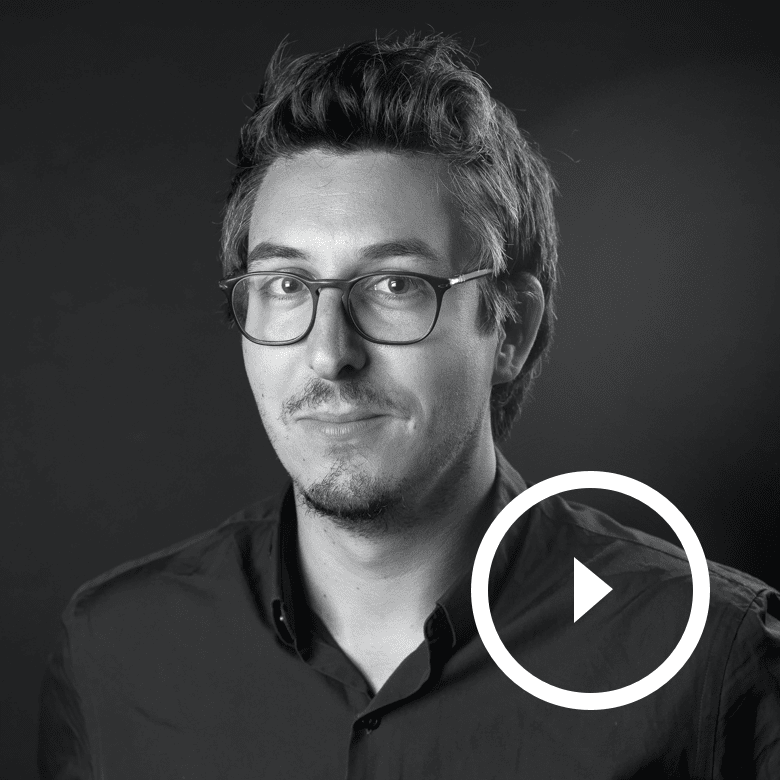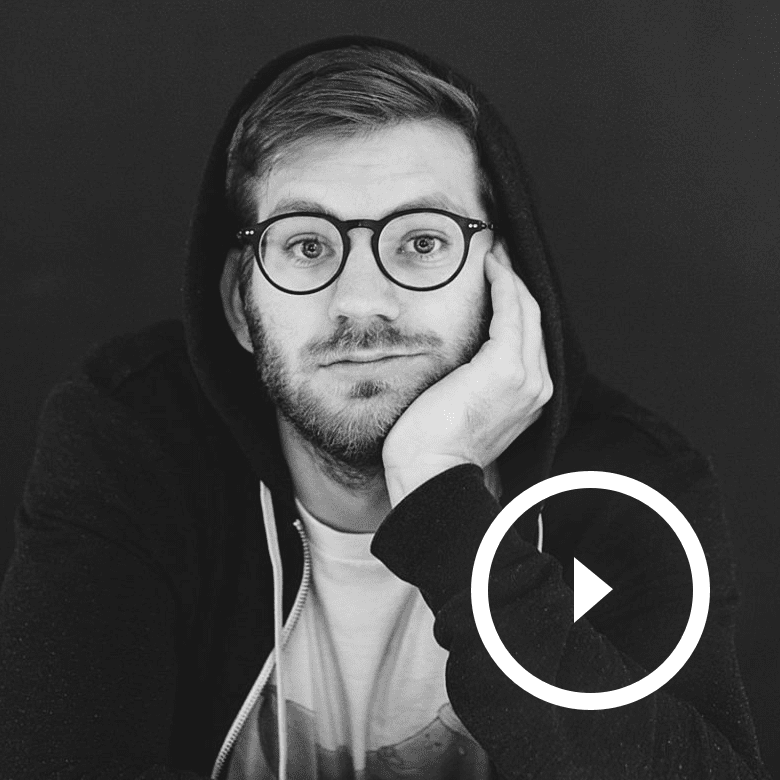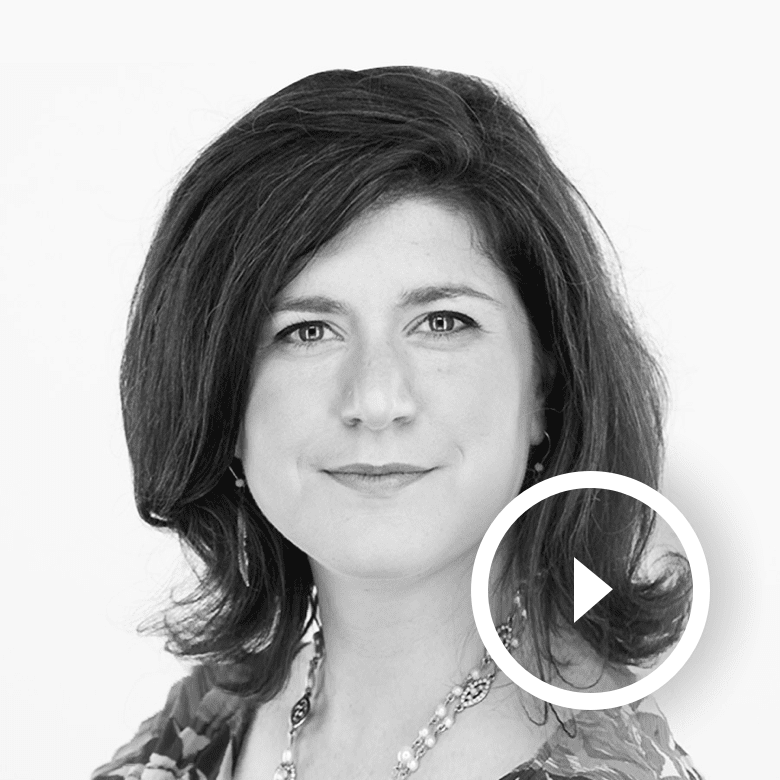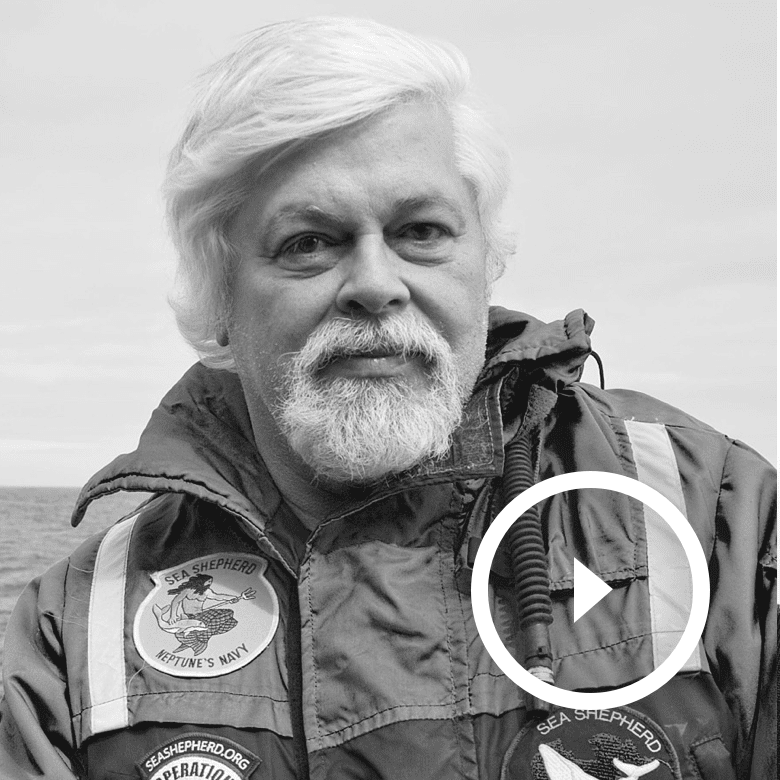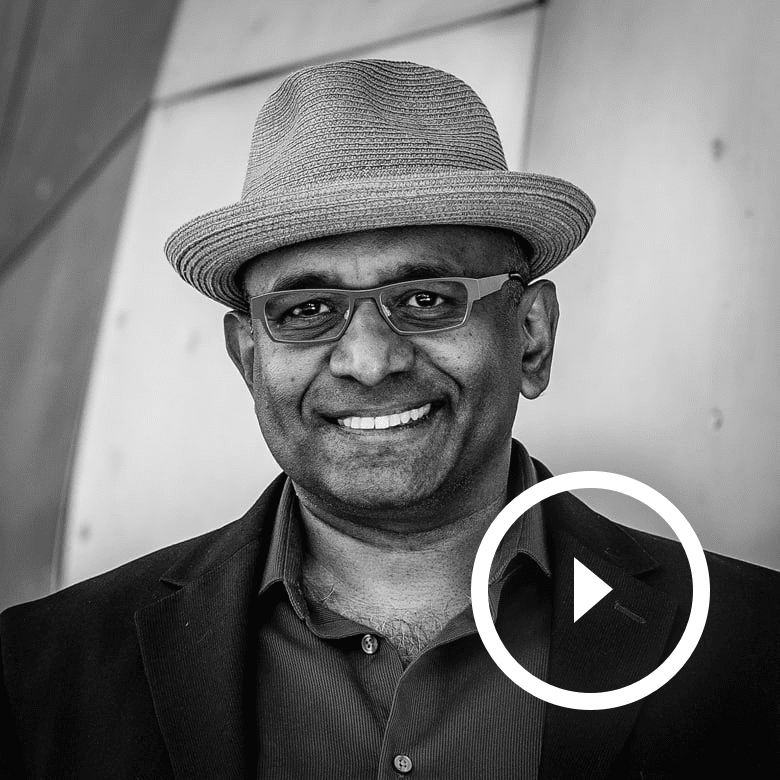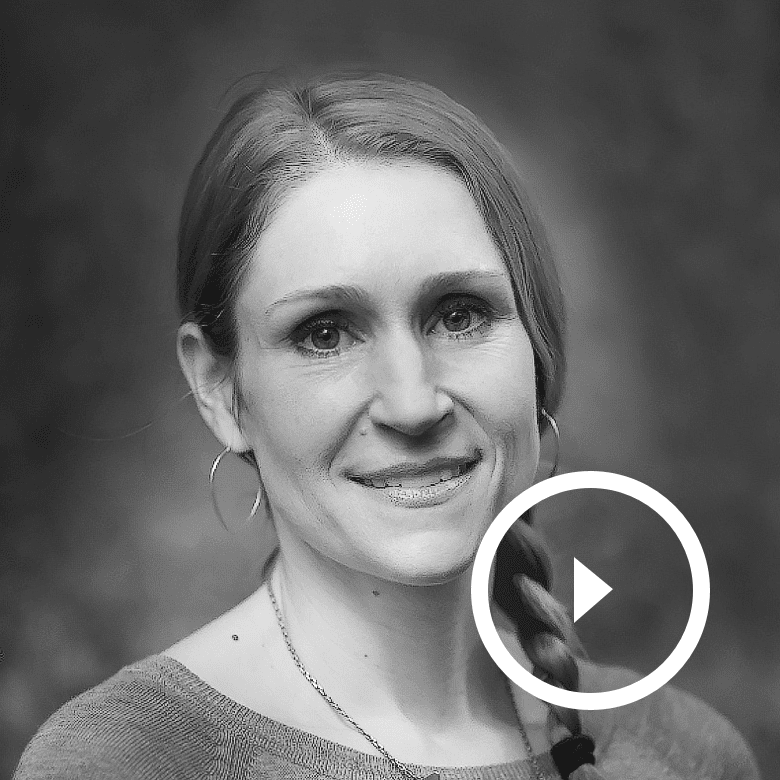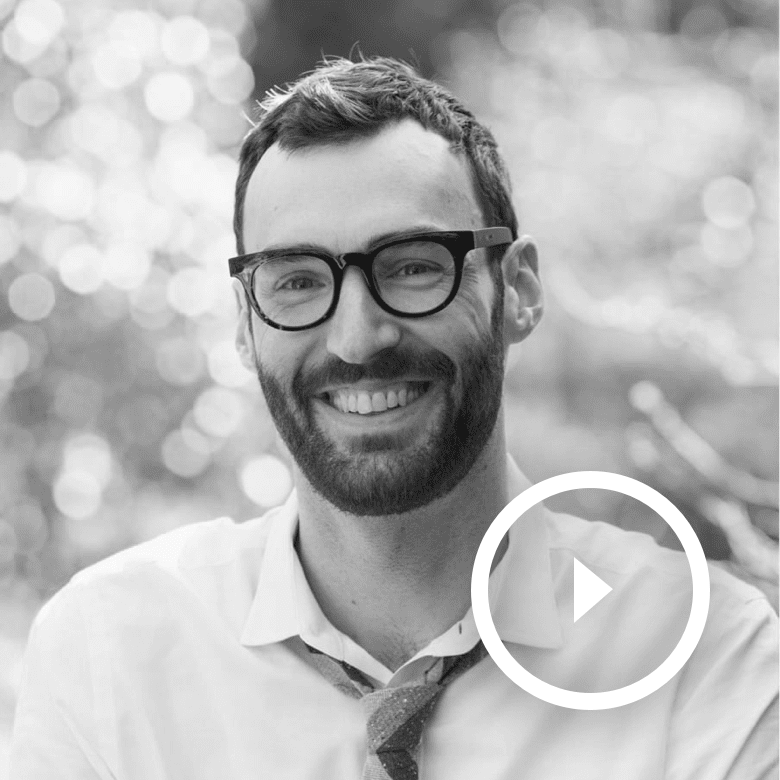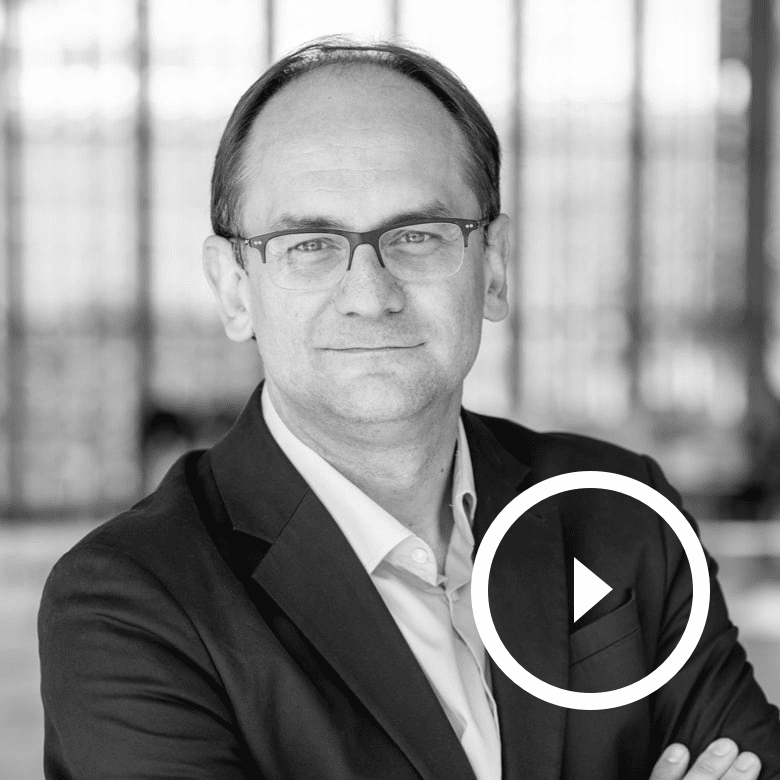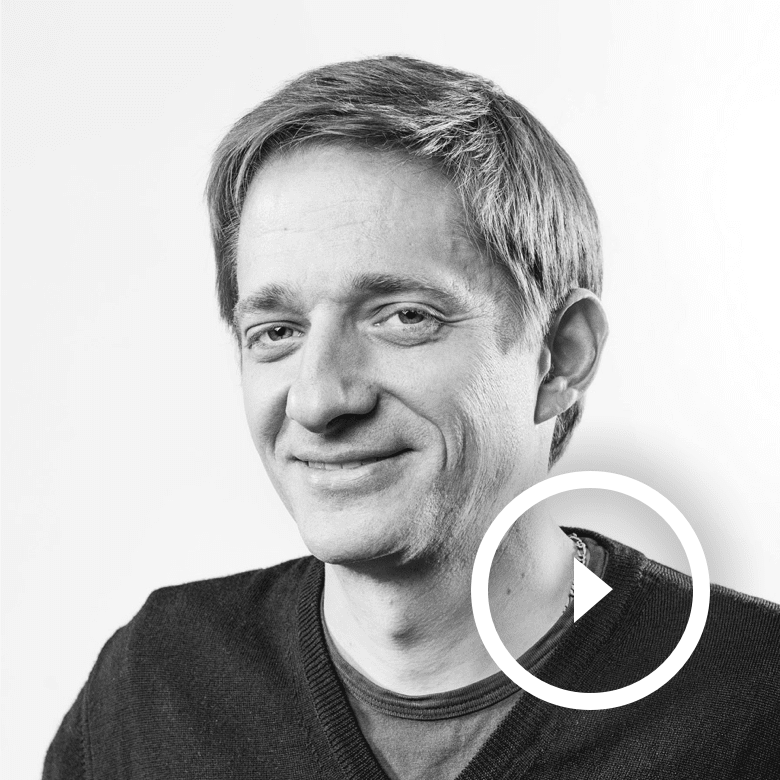Ramatoulaye A. Diallo
CEO of Orange Money Senegal
Creating digital services that impact millions
Ramatoulaye Diallo
CEO of Orange Money in Sénégal and Director of Mobile Financial Services in the Orange Sonatel cluster across 5 countries (SEN)
Ramatoulaye A. Diallo is currently the award-winning CEO of Orange Money in Sénégal and Director of Mobile Financial Services in the Orange Sonatel cluster across 5 countries. Her mission is to create products, services and communities that elevate millions of African lives. Throughout her 20+ year career, Rama has been a driving force in promoting inclusion, economic growth and entrepreneurship in telecoms, technology and e-commerce in Africa. Her career started on Wall Street as an intern in Asset Management at Goldman Sachs and an analyst at Morgan Stanley. Subsequently, as a leader and manager at Emerging Capital Partners, Endeavor South Africa and Etisalat Nigeria, she has leveraged her experience and expertise in corporate finance, venture capital, private equity and investment banking to help small companies, large corporations, and nonprofit organizations achieve financial and strategic growth objectives. She has also started and managed entrepreneurial ventures in Nigeria and South Africa.
Rama has a MBA from Harvard Business School, and a BA magna cum laude in Mathematics & Economics from Bryn Mawr College. Rama also holds a Diploma in Practitioner Coaching and Leadership Development.
For the second talk of the day I’m super proud to welcome Ramatoulaye Diallo. I met Rama last year
in iallo. I met Rama last year in Dakar senegal and during a workshop and when she came in the room
I was immediately impressed by her presence and her natural charisma She is one of these kind of
leaders. I already knew that she was the driving force of innovation in Africa but when I received
her bio while preparing the conference I realized exactly who she is. so Ramatoulaye A. Diallo is
the CEO of Orange money in Senegal and she’s the director of a mobile financial services of the
sonatel cluster across five countries her mission is to create services communities and products
that are used daily by millions of people in africa her career started on Wall street in the
traditional banking industry and later Rama has been a driving force and promoting inclusion
economic growth and entrepreneurship in Nigeria South Africa and of course Senegal, so from Dakar
Senegal make some noise for Rama Diallo!
Hi everyone – welcome thank you, Hi Steph very good to see you good to see everyone thank you all
right are we are we good with the sound and everything? – it’s it’s all good the crowd is yours.
– Excellent all right, So let me start this is a swiss event so we can’t afford to have any issues
with time we would not be on brand if we did that so um I’m extremely pleased to be here today thank
you staff for inviting me it’s a pleasure to share what my team and I do um in senegal and um also
you know talk a little bit about Orange money across the continent um but before that um you know i
will uh just let you know that I plan to kind of talk across a few slides um and um very quickly and
get to the point where we can actually engage and have a conversation and answer questions and and I
hope that some of you in the audience might even be able to share some some insights as far as um
designing and creating products for large numbers of people more specifically also for for the
african continent so I’m going to go ahead and share my presentation and slide through it quickly
let me know if there’s any issue but I’m just going to power through it otherwise um so steph let me
know if everything is good excellent so um so I want to talk about consumer driven innovation and
designing for impact impact for me I define as really touching the lives of people in a way that is
meaningful so answering real problems solving real issues or unearthing real opportunities and
making their lives easier um essentially as far as I’m concerned as much as possible across the
continent and obviously across the world every time possible so there are three um um the three sort
of parts of this presentation and it’s all about journeys that’s really the theme that’s inspired me
today we talk a lot about customer journeys and use cases as far as I’m concerned every use case is
a story and that’s where you know every product or every innovation really comes from you know you
um it’s 11 p.m you don’t have electricity you need to buy prepaid electricity which is a thing for
those of you who live in places that that get bills um we do have bills but prepaid electricity
prepaid phone credit is a very real thing across the continent we can talk a little bit more about
that so i’ll very briefly touch on my own journey because I think it’s relevant um to me being able
to talk about these issues to you um and by way of introduction we’ll focus on the mobile money
journey and then talk about obviously what is in my view hard to avoid which is where where to from
here given the incredible sort of change of direction or interruption we’ve had this year with covet
depending on how you look at it so for my personal journey just in in three short steps my formative
years were spent here in senegal where I was born and raised and I’m from senegal so i’ve kind of
come full circle speaking of journeys in coming back here about two and a half years ago to run
mobile money for ohange so having grown up in this environment culturally in every way possible I
went to the united states to finish essentially secondary school do my first second degrees and my
first job on wall street as well as in private equity so very much sort of fell in the bucket of
finance really early on but always with an eye on emerging markets so I was doing mna for mergers
and acquisitions for um financial services banks insurance companies in latin america then second
part of my early career um investing really around 2000 in what turned out to be really a lot the
beginning of the mobile uh revolution and you know some of the the older technologies so post
business school uh which uh was in 2004 I came back to the continent and very quickly that’s sort of
the last 15 years where i’ve worked in nigeria in south africa and then back to senegal and I can
really just summarize that as working on what I call useful technology tech for development tech
that actually cares um sovereignty for women that’s something that’s very important to me not just
for women as women but as consumers as decision makers a very important part of of this journey and
finance for growth so that’s these are the things that I’m interested in that I’m working on in
amplifying impact and in my current role I hope that that’s what I’m doing every day so um on to the
mobile money story as with all good genesis stories um so mobile money is a big sort of african
success story for for those of you who know this very well um just bear with me bear with the
redundant I thought it would be um interesting to just go back to beginnings and talk in more
slightly basic terms about what we do without assuming that everybody in the audience knows about
what mobile money even is because I think if you are in the first world um sort of all the time very
well banked with a bank account some of these things are not intuitive so we’ll come to that so
essentially from what I know this story started in the philippines as sort of a technology but
really vodafone brought it to kenya because they essentially noticed that their customers started
sending credit and having that credit being transformed into cash this is sort of the short part of
the story so clearly customers were already going ahead and trying to solve some of the some of the
problems they were having and what was the problem was basically getting cash from point a to point
b across our countries so that was you know 2007 in kenya since then mobile money in sub-saharan
africa these are the gsma end of 2009 numbers um so globally you know you can see that um you know
we were over a billion accounts and almost half of those were across the continent so when gsma
published this report they said that 2020 was going to be the year where we would be over the half
billion accounts in africa I’m pretty certain by now we have crossed that given the acceleration
really in digitization that we have seen with covet and we can come back to that so my point is we
are well over half a billion and and more than half of the mobile money activity across the world is
taking place on the african continent so specifically coming to ohange money we are now in 18
countries morocco being the latest at launch in january we’ve crossed 50 million customers and cross
20 million active users and these are the the users in the Orange sphere so empeza is well over you
know 30 i think 40 million customers um mtn is the other big player alongside empeza and orage in in
this field across the continent so all of that to say that even when you put all of them together we
are still probably under 200 million if I’m not mistaken you know maybe 250 million people so that
is still a relatively small percentage of the kind of of the of the population on this continent so
to me as much as this was launched in 2007 in kenya launched in cote d’ivoire for Orange money
specifically across the Orange footprint um in 2009 it’s still extremely young we’re at the
beginning of this story there are still far more pages to write than there are pages that have been
written in this story so what is it exactly I thought actually we should talk about this because i
many times realize um when people actually come here and use it they’re always a bit surprised or
they really realize they didn’t actually know what what it means to have your wallet inside your
phone um so essentially the most basic transactions are getting money into your phone essentially
and getting it out if you need it for for for cash transaction purposes and in order to make that
happen we have the most important part of the business as far as I’m concerned especially if you’re
starting and that’s the distribution network i mean so Orange has over 150 000 I mean it could be a
tiny kiosk on the corner of the street you know down my street there’s one actually more than one um
where you go give cash and it reflects pretty much automatically um in your account on your phone
and what do you do with it once the money is in your phone transfers are very big continue to be big
so intra-country inter-regional and international transfers of money going from point a to point b
are still the very heart of what we do that is the biggest need and remittances fall into that
people can pay bills and people can also make payments at merchants but the merchant payments aspect
of the business is one where we still have a long way to go as I always say cash is our biggest
competitor it’s not the other ones the other people in the market cash continues to be our biggest
biggest challenge on a day-to-day basis which is something important to keep in mind when we’re
talking about designing products and solutions that’s who we are up against in terms of being being
being reliable being quick uh maybe not as secure but easily you know sort of value easily uh it so
um just a few key points this is not exhaustive and we can talk a little bit more about why it’s
been an african success story i believe it’s because it was actually something that picked up on the
what the customer was already trying to do which is money from point a to point b and prior to that
they were going to motor parks and giving it to people and say go can you get to the village can you
give it to my mom or however they were getting money across they were very informal networks and
obviously the likes of western union were also here for more formal transfers so we’re solving a
problem addressing a very very basic need a very basic um sort of use case in a world where banks
were not able or willing to invest in in getting to the majority of the population as I said it was
very much driven by what the customer needed it spoke the customer’s language actually speaking of
the customer’s language interestingly enough when Orange money started the the ads were very techy
so to speak you know trying to explain what this means and with robots and and it wasn’t it wasn’t
moving um it wasn’t speaking to the customers until um there was really a change in the
communication strategy to be a lot more playful with a lot more humor with ambassadors that were
very relatable to the customer and with a very step-by-step approach so short humorous kits that
could really show people in real life situations showing people how does this thing actually work
and and actually going through some part or all all of the customer journey in a very humoristic way
and that’s where we broke um the communication barrier in terms of being able to then communicate
with the with the customer and that the customer driven design is also very much reflected I mean
steph talked about him meeting me and my team um when he came to iallo. I met Rama last year in
Dakar and he actually specifically came to work with us and and to work with also digital I think
some of my colleagues are are on this um are connected and they basically you know do an amazing job
working with the business teams with uh with the customer uh actually across the whole chain frankly
they work with everybody and does from design to actually implementing some of these products so
steph had come to really kind of help us on on one of the issues we we had a lot of um one of the
issues that was really key for us that we’re very close to coming to some conclusions about and and
the last point is very important today and it will continue to be extremely important and I think it
means above and beyond what it says on the slide you know so so inclusive design yes that it
cultivates proximity through the through our distribution network so very just next door to most of
our customers but also in the customer’s pocket right via the phone but I think inclusivity here is
also very important in the greater scheme of things because wherever you are sitting today you know
whatever you’re working on i dare say that you know if it’s something that’s going to last in time
it will eventually be used by or appropriated by people on this continent and given sort of the
trajectory of population growth I mean we are on track to add a billion people in 30 years so we’re
going to have at least a billion people I i believe the the projection is that half of the
population 30 is going to be under the age of 25 we actually have an incredibly young population as
it is so um overall you know and they we’ve seen it we’ve seen it with clovid they are very hungry
for um for for all things technology they’re very hungry to be a part of this global culture so
whatever you’re doing I dare say that they will have to be kept in mind so you know coming to covet
I i have this theory and feel free to challenge me later on i’ve been saying I’m a big cinephile so
i always say that every single movie is about one of two things either somebody goes on a journey or
a stranger comes to town so this particular kobe movie is definitely a stranger came to town this
year and came to town for all of us so um we are still living through it so some of the things that
i’ve put down are again this is not exhaustive um in terms of the impacts or you know how it’s
changing the world around us both in our business and and outside our business with our customers so
the very first thing is this you know sort of accelerated demand for governments ngos you name it
it’s like everybody woke up and it’s like we have to pay uh we we need to use cash’s payments we
need to pay salaries via Orange money we need this we need that and just an influx of demand some
customers that we’ve been chasing some merchants we’ve been chasing all of a sudden wake up and turn
to us and say why aren’t you moving fast enough um and you know obviously we don’t tell them well
we’ve been chasing you for two three years we take the business and try to make them happy so the
second thing that’s really interesting that’s happened is that the central banks who the regulator
being a very important part of our business relaxed some identification requirements and
identification is actually one of the heaviest hardest things to do on this continent for many
different reasons sort of outside the scope of this presentation but so they relaxed some of the
rules for about two three months because they really wanted to encourage as many people as possible
to sign up for mobile money use cash less contact less payments um and and also help in in in
stopping movement because we were either in a state of emergency depending on which country you’re
talking about or a lockdown of some nature of varying degrees of severity so when we when those
rules were relaxed we saw in the sign ups interestingly enough um just parity parity happened
naturally in the number of clients came to us so that really for us was such an interesting sort of
tiny bit of gold mine that we are hoping to continue to to understand better so that we can get to
parity in our global population where it’s clear that we have more male customers than than female
customers so this is these are some of the nuggets that have come out so far and then for the future
for us again this is not exhaustive but um you know I talked about identification for example I
personally think that you know ethical use of ai is going to be at the heart of what’s going to help
us crack this the good old-fashioned ways are filling forms bring your id let’s scan it um or even
you know let’s bring all that that entire process into a digital world is going to have to be a lot
more fluid again we are facing cash as a as a as a barrier as a competitor sorry um so we need to
get to being a lot more fluid make it as easy as possible for our customers to sign up or to
transact with us as much as possible um I think the next wave as I was saying earlier that mobile
money is so young the next wave is diversified product offering so we’re seeing now the rise of
credit but if you think about money in its very sort of old definition in terms of you know you earn
it or receive it somehow you spend it you invest it you give it um across that whole spectrum I
think we’re gonna have to digitize um in many in in different ways and at different speeds that
whole spectrum and obviously add insurance products etc etc so we have started that process but
there’s still a lot more to do um and I also believe that um that’s not going to be something that
the telcos um the likes of us in in mobile money within the telcos are going to be able to just do
on our own I think we’re going to have to rely a lot on partnerships which is why the ecosystem is
so incredibly important why why entrepreneurship is going to be a a key part of what’s going to
ultimately take mobile money you know from the half billion we’re crossing this year into the
billion and more users and really fluidify the customer journeys and obviously you know inclusion is
is at the heart I talked about it earlier in terms of being included in this in global design you
know thinking of africa and african africans as being um you know worthy customers that we that need
to be listened to and and incorporated and who also will be actors whether it’s african
entrepreneurs or people like myself who are in this ecosystem not only as participants but also as a
as a customer I’m a an Orange money customer um and I also you know as a mother care about where
this this world is going what are we what are we creating what are we what are we doing that’s going
to be um bequeathable to our children um if I’m not mistaken I think one of the speakers here
yesterday was talking about social design and and revolutionary design and really at the planetary
level and really taking our ambitions um global but you know in a very very inclusive way so to me
this is critical there’s no such thing as you know creating products just for for a particular part
of the world ultimately I think we’re going to have to answer um the the need the call of the
customer on this part so I’m going to end on uh one of my favorite poems and I’m going to claim
kavafi as african even though he is of greek origin but he spent most of his years in alexandria
egypt and did his best work there so I am going to um just appropriate him for this for this knee
for this for the needs of this session and just uh read the few bars you have in front of you of his
poem which I think is beautiful and illustrates where we’ve been but as i’ve said you know um the
journey ahead the pages to write are so much more exciting what is to come is definitely far more
luminous that what we’ve already gone through as exciting as that has been so steph I’m going to
stop here and i hope i was timely and stop the sharing and we can um perfect thank you so much Rama
if i mean yeah we I mean you could talk for the the whole the whole day about uh all of this this is
amazing uh I have a i have a question uh if you said that um your enemy is the cash is cash money
how did you welcome the kobe the kobe 19. i don’t know if welcome is the word [Laughter] i don’t
think anybody welcomed covet i think we all woke up and and it was like that that person who came
and didn’t call in advance and you know just rang your bell at 4 a.m and so you answered the door
and you had no choice but to let them in so um you know in the same it’s been the same shock it’s
been for everybody to be to be quite honest um both in in our individual lives but also across the
business um very disruptive clearly um you know sort of pushed everybody into who was able to into
working from home um but across the continent we have very informal economies and people with
activities that are very day-to-day so who literally couldn’t afford to sit home and work from home
like some of us so I think kovit was a huge both economic and sort of health shock as we know we
have a lot of issues with basic health care and our health systems it’s interesting I actually was
listening to the president of the world bank a couple of uh weeks ago talking about their response
uh to covet and he described it as three steps so one is saving lives secondly saving livelihoods as
much as possible and then third he called it protecting the future I actually really like that
expression because as far as he was concerned protecting the future was about education and basic
health care so when you come back to that framework you know saving livelihoods we found ourselves
as a continent and in many countries i think having to actually I think this applies to everybody
having to kind of find the right response between the economy and people’s health and and where do
you put um what’s the perfect approach or what’s the perfect mix temperature of this particular mix
of water and and I dare say I think we’re still continuing to try to figure it out because in
senegal in particular um it is um you know we still have more cases and we haven’t we’re not at that
point where we’re on the downward side where we can say we’re reopening the economy we’ve actually
had to reopen and as I said we have a lot of informal sector activity and um we we just can’t
prevent those people from earning their livelihoods so now we have to figure it out moving forward
great thank you so much next question is for hassan hi hi everyone thanks uh rama for your talk very
insightful and very inspiring so a quick introduction actually I’m based here in hong kong but I’m
originally from tunisia and I’m african so I know innovation i know innovation in africa is really
tough so my question to you rama is how your government in senegal is supporting you in your journey
of innovation um yeah that’s actually a great question and i um you know it’s interesting you’re
talking about the government I think when it comes to innovation or tech you know african countries
the more powerful actor is more is a regulator unless you’re thinking about government in a larger
sense including the regulator so in financial services specifically i mean the central bank is you
know second to god basically it’s it’s amazing the powers that they have it’s also understandable
because their job is to really keep the whole system the economy stable so stability is extremely
important to them so that’s why you know regulating all the actors is actually critical to them so
how are they so working with them i personally think is far more um we’ll have does have and will
continue to have far more of an impact on innovation and on what we can do and what others can do in
this sector i think that they have shown certainly a um a willingness to move with the times but
clearly technology just moves faster than everybody central banks included so we have to work with
them um we have to work with them and engage them and and and and communicate a lot with them in my
experience it’s really been about building relationships it’s been about explaining our goals and
what we’re trying to do and how it will answer the two questions they’re most interested in is how
do we grow financial inclusion and how do we keep the system stable um because obviously we’ve seen
what happens when financial crises hit um it’s not isolated it takes down entire countries or entire
systems there I say so they take their sort of policing role very seriously and frankly you know a
few years ago I think I i would have seen their role differently and as being too rigid but i do
understand now really um being here working on what I’m working on the importance of the role they
play so i would say to come to just answer your question very quickly that regulators have far more
of a role um to play in in in our part of the world um some of them are far more ahead than others
but we can’t afford to leave them behind so we’re gonna have to continue to work with them great
thank you so much uh next question is for sharon I’m trying to make it uh sound like dutch it sounds
very sexy as well i see a lot of questions and remarks about inclusive design so I think you’re
touching upon on a passionate topic with many people over here so I don’t want to repeat all the
questions but my question was more like that’s a really strong ambition to be fully inclusive in
design and where do you see currently the biggest challenge or gap that we need to bridge in order
to at least reach some levels of full inclusive inclusivity um it’s twofold I think the first thing
is just listening I mean it is such an underrated skill listening to the customer on the ground we
still we I live here we are here we are our own customers and I still think we need we can do more
in terms of listening to our customers observing our customer and and using doing that literally and
also listening better to the data that we’re getting from our customer what is it telling us what
story is it telling us where is the need where the pain points um even beyond the pain points that
they actually open their mouths and tell us about all the time whether it’s on social media or
directly so I think really that is at the heart uh it’s the starting point of of being able to be
you know a lot more inclusive in design um the second part uh that i also feel very passionate about
is you know which is why I was actually very excited as well when steph invited me to come and speak
and and just be a part of I today is that you know there has to be more of a bridge more people on
all sides uh whether in africa africans african living africa or africans living you know in in
somewhere else in the world and working like hassan for example tunisian who is working in in hong
kong if I remember hong kong or singapore but my point is we need to mix more we need to bring our
thoughts and our experiences to the tables where capital is being allocated because ultimately you
know the check determines what we innovate about and obviously where even decisions are made around
well what what problem are we gonna solve you know if you are a bunch of men around the table or a
bunch of um just you know african women around the table the problems that you’re going to talk
about or the opportunities you’re going to see are going to be different so how about we mix it up
so we are somebody to put more women in boardrooms not just boardrooms yes boardrooms but any table
any room let’s build the tables that are not built yet and invite other people to those tables it’s
so incredibly critical i always say we need more mosquito zapping apps fewer dog walking apps
nothing against you know dog owners and dog walkers but you know we have more mosquito issues around
the continent so you know this is you know thank you for the question you can see I’m just going on
and on but my point is this is actually so incredibly critical to what we’re going to build for the
future thank you do you want to ask yours yeah sure um I’m I come from middle east and I feel like
uh type of challenges that uh being people in medialis are facing sort of similar with uh with
people from african uh countries lack of resources uh water shortage uh just to name a few and um
you know from my own experiences I see a lot of young entrepreneurs passionate entrepreneurs wanting
to make a change and sort of like sometimes sometimes most often are being blocked by regulations by
lack of resources so um and and i’ve been really fascinated by this whole mobile payment system
which makes it really fast to transfer money from a to b with the with the ease of few you know uh
clicks so I I’m wondering if you have ideas or have plans to sort of like merge this wall towards
like a mobilized uh system for money transfer with the passion of uh african entrepreneurs who try
to solve problems are there ideas of finances ideas that’s come through uh the channels of social
media or any other channels that you are connected to these young entrepreneurs yeah I mean um thank
you thank you for your sort of comment slash question I mean the common part is incredibly relevant
um yes so essentially what I started even talking a little bit about what you’re describing which is
uh so you’ve got sort of the the bigger institutions in which bucket I would even put Orange or the
large fund managers etc etc and then you’ve got this world of entrepreneurs who see opportunities
who see problems they’re trying to solve so in some ways yes there are certain things for example
you know i’ll talk about iran because that’s what I know best there’s Orange digital ventures which
is an investment fund um that actually within the family of that fund even has an africa um sort of
dedicated pool of money that is there really to invest as the name you know indicates in businesses
across the continent not just in the countries where Orange is present um that address um some of
the relevant issues that you talked about just now so that’s one there are a lot of um you know sort
of there is Orange fab you know that’s all about finding smaller entrepreneurs um across the the
footprints and and giving them you know some mentoring some money um you know there are Orange
digital centers that are that have opened in a couple of different countries tunisia being one of
them hassan senegal being another one and the goal is to spread them everywhere and there are sort
of these homes of tech and innovation across the footprint so there are all these there’s a lot of
activity and not just by Orange by the way there are other institutions doing similar things trying
to put money trying to put mentorship trying to create and build and support the ecosystem but you
know clearly there’s still a lot more to do um and you know there’s certain governments that get it
more than others I think rwanda comes to mind off the top of my head where they are trying to
attract entrepreneurs by creating you know the infrastructure and the ecosystem both in terms of
talent and money that would attract them to come in and build or come and create and come and
innovate in rwanda with the idea that you know if they are able to create something um useful it can
then scale and and go to other countries so to your question it has started it is here it is
happening but clearly there’s still room for a whole lot more to be done for a whole lot more to be
done from a funding perspective from a um an idea perspective um and I do firmly believe that the
large institutions the big telcos are now going to be the only ones to solve all the problems so
this ecosystem is actually vital um ultimately for the customer and the quality products and
services that we’re going to be able to to give them will not just come from the brains within the
big institutions um it will actually be from the larger ecosystem so keep at it if you’re if you’re
one of them the herat next question matthias you want to ask yours matthias yeah sorry I was just
trying to admit yeah uh I’m just trying to ask you so how do you address inclusivity without being
exclusive so some people say that when you try to solve the problems of everyone you end up solving
no one’s problem so how do you get away of that and um towards your end goal without being exclusive
that’s a great question um and I see the wisdom in it I’m not sure yeah jerome said good question
great question even I’m not sure the I have the answer but i can certainly tell you um you know
extemporaneously what comes to mind i think you’re very right there is always the point at which you
know you we talk about focus right whether it’s you know I talk about it with my teams we talk to
entrepreneurs about that we’ll solve this you know tiny problem but I think perhaps what is useful
is that as you’re solving the problem at least try to solve a problem that you can see um being
helpful or ultimately being solvable for a large number of people so it can be a very narrow problem
um very specific problem but it could be a a this narrow and specific but widely shared problem so
that’s kind of how I how I see it but yeah you make a very good point because the point isn’t to
design something just sort of vanilla and passpartout um I think you know you you but it’s about
doing something specific but hopefully that can be useful for a larger number and and another way of
looking at it is when you’re choosing what to solve for is to look at something that is painful
that’s what I was saying mosquito zapping versus you know double me maybe that’s a bad example there
are a lot of dog owners and dogs but my point is maybe choosing a problem though specific but that
is widely shared all right thank you great syria thank you thank you for the talk um you started
actually with the story about the fact that um everything started in philippines before africa and
and customers were trying actually to solve the problem by themselves is that not like a good
typical point for all innovators uh present today just to like stop being in a room and trying to
think about what should be the next innovation but get out on the field and and have a look about
what customers are trying to solve even if it’s in another country because it gives you really a
clear indication of of what they need absolutely so this was back to my point about listening um but
you know if we’re going to bring all the senses in it’s about you know opening our eyes as well what
are your customers doing with you know is or is there something they’re doing that you may even
think of as a as a problem i’ll give you a concrete example that’s very live actually so you know in
on the streets in the cars you either you know these guys who sell stuff on the street so let’s say
you go to the fruit seller and you ask him to you know you buy some fruits and I would say 9.5 times
out of 10. if you tell them can I pair you with Orange money they will say yes but it’s interesting
they’ll ask you to do a transfer so you transfer the money and with the fees um for you know what
you would pay eventually to get the money in cash so he will ask you to include that for when at the
end of the day he wants his cash back for whatever he does so but we actually have a specific
product called merchant payments that addresses that but clearly if your merchant you know a bit
model a little bit copied at least until now on credit cards there’s a fee so there’s a cut there’s
a tiny cut well i think it’s tiny but clearly not tiny enough um that you know comes off the top so
the guy on the corner that cut he cares about it that much I know otherwise he would not be trying
to like circumvent it so for us you know I i tell my teams this is something we need to think about
do something about and think about if we’re really going to um scale and democratize merchant
payments beyond supermarkets to literally the guy on the street being willing to accept money as a
payment at least in the formal merchant payments because he’s accepting it just in a different way
so my point is this is a live example of our of of a customer in this case the merchant doing
something that he’s not kind of supposed to be doing but I think it’s telling us something about our
product and it’s pricing and and and that there’s still things for us to do yeah I try to explain
very quickly you know I i hope you know you understood sort of the difference between those two
things keep the eyes open I think that’s exactly keep the eyes and the ears open yeah thank you
thank you so much for the talk too you you’re welcome i I would like you guys to uh big a big round
of applause for Rama Diallo. That was
amazing thank you so much for sharing will you be part of the networking sessions sorry will you
stay for networking tonight um it’s at 6pm I may not be able to well it’s at 6pm for me so I may not
be able to saturday so friday afternoon okay so and I totally have some family engagements I’m so
sorry but you know feel free to share um while I’m on social media or email or if you have more
questions that come up you know send them to me and you know I can find a way to get back to people
and keep the conversation going this was this was a lot of fun stuff thank you so much exactly where
can we find you online on twitter so on twitter I’m at tilly bo gold t-i-l-i-b-o and gold my gold um
same saying on on instagram tilibogold.rd on instagram um and uh as myself I guess well I’m not a
diallo on um on linkedin as well so feel free to to say hi and ask questions um and let’s let’s keep
in touch great thank you so much bye thank you great and we’re gonna have a break of 15 minutes uh
go drink something fresh beer or whatever and yeah we meet in 15 minutes for the talk of Jonas Vonlanthen about agile and Holacracy stay tuned [Music]

